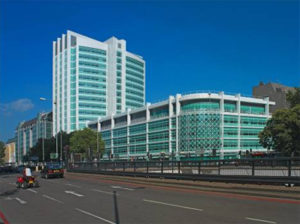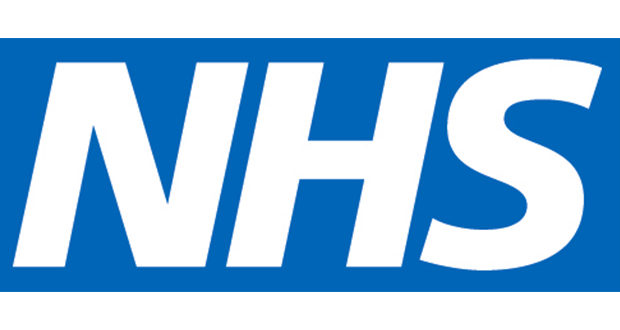
Maruf Ahmed
Today sees the official announcement of plans by University College London Hospitals NHS Foundation Trust (UCLH) and UCL to embark upon the largest ever lung cancer screening project in the UK. The SUMMIT Study, which will begin in early 2019, has two aims: to detect lung cancer early amongst at-risk Londoners when the chance of successful treatment and survival from Britain’s biggest cancer killer is greatest; and to support the development of a new blood test for the early detection of multiple cancer types, including lung cancer. In addition, the study will provide evidence to inform a potential national lung cancer screening programme – currently in England, people are offered screening for breast, bowel and cervical cancer, but not lung cancer.
The study is a key work programme of the UCLH Cancer Collaborative, which brings together healthcare organisations across north and east London, to improve early cancer diagnosis, outcomes and care for patients.
The SUMMIT Study will be delivered by UCLH in close collaboration with UCL and GRAIL, Inc. (a US healthcare company focused on the early detection of cancer). The study aims to recruit approximately 50,000 men and women aged 50-77 from north and east London. Half of the participants will be people at high risk of lung and other cancers due to a significant smoking history (Group A), and the other half will be people who are not at high risk for cancer based on smoking history (Group B). All participants will provide a blood sample, which GRAIL will analyse to evaluate whether lung or other cancers can be detected early through genomic signals in the blood.
Participants in Group A will be identified by inviting residents of north and east London who may meet the eligibility criteria based on their smoking history for a lung health check. In addition to providing a blood sample, participants who are eligible and decide to join Group A will be screened for lung cancer using a low dose CT scan (imaging technology proven to detect lung cancer). The SUMMIT Study will also offer smoking cessation support to smokers who would like to stop.
People in Group B will be invited via a letter from their general practitioner (GP) and, if eligible and interested in participating, will attend a study site in order to consent to join the study, donate a blood sample and fill out a questionnaire.
One in two people will be diagnosed with cancer in their lifetime (1); lung cancer alone causes around 35,000 deaths per year in the UK. Early diagnosis is key to effective treatment and increasing survival for all cancers, but particularly for lung cancer: currently around 75% of lung cancers are diagnosed at a late stage – stages 3 and 4. Only 25% are diagnosed at the earlier stages 1 and 2. If diagnosed at the earliest stage, 70% of lung cancer patients will survive for at least a year, compared to around 14% for people diagnosed with the most advanced stage of the disease. (2)
Prof Sam Janes, professor of respiratory medicine at UCL/UCLH and Chief Investigator of the SUMMIT Study, said:
“Lung cancer is the biggest cancer killer in the UK because most people only experience symptoms when the cancer is at an advanced stage when it is very difficult to treat. This large-scale study gives us a unique opportunity to detect lung cancer much earlier when treatment is more likely to be successful amongst those proven to be most at risk – people who smoke or used to smoke, aged between 50 and 77.
“We have a common goal with our partner GRAIL with the SUMMIT Study – the early detection of cancer. By working together, we hope to bring lung cancer screening to people in the United Kingdom, while we also deepen our understanding of potential new technologies for early cancer detection.”
Prof Geoff Bellingan, medical director for cancer and surgery at UCLH and professor of intensive care medicine at UCL, said:
“The SUMMIT Study is the largest lung screening programme in the UK. It provides us with a once-in-a-lifetime opportunity to change how lung cancer is diagnosed – both by paving the way for a national screening programme here in the UK and supporting global efforts to develop a novel blood test for early detection of multiple cancers, including lung cancer.”
Anne-Renee Hartman, vice president of Clinical Development at GRAIL, said:
“We are excited to partner with UCL and University College London Hospitals NHS Foundation Trust on the SUMMIT Study, as we continue to evaluate new ways to improve the early detection of cancer. The study will support the development of our blood test for the early detection of multiple cancer types in a diverse population, including those at higher risk for cancer due to significant smoking history.”
 LBTV A Force for the community…
LBTV A Force for the community…



